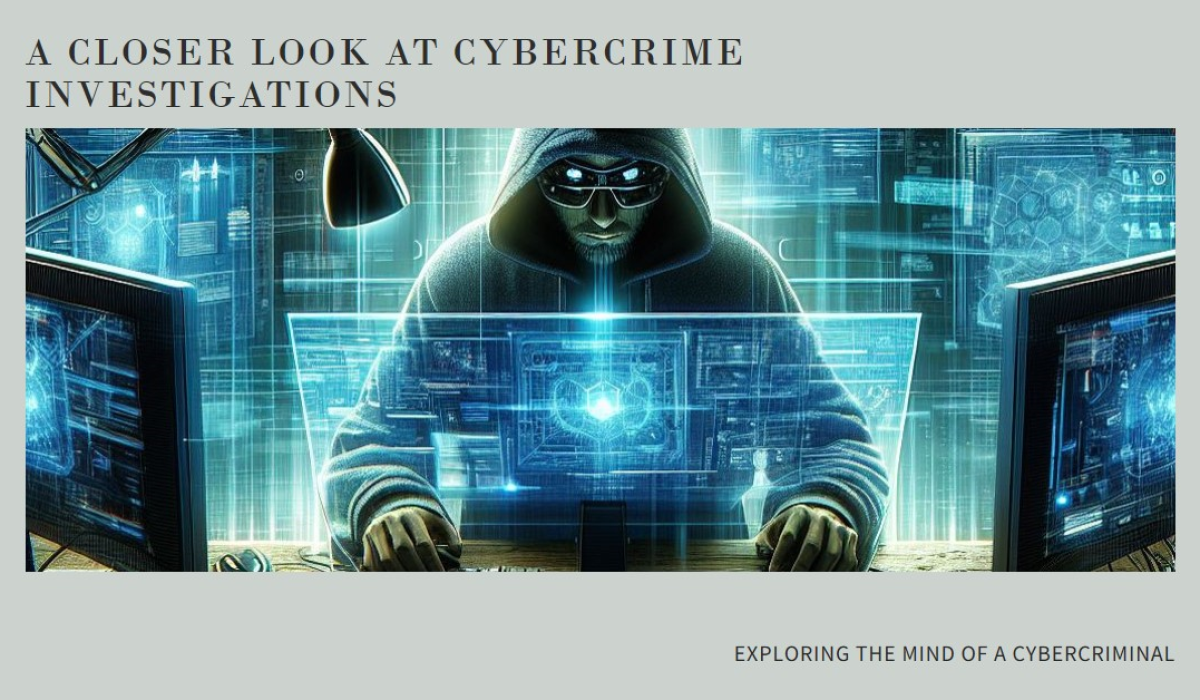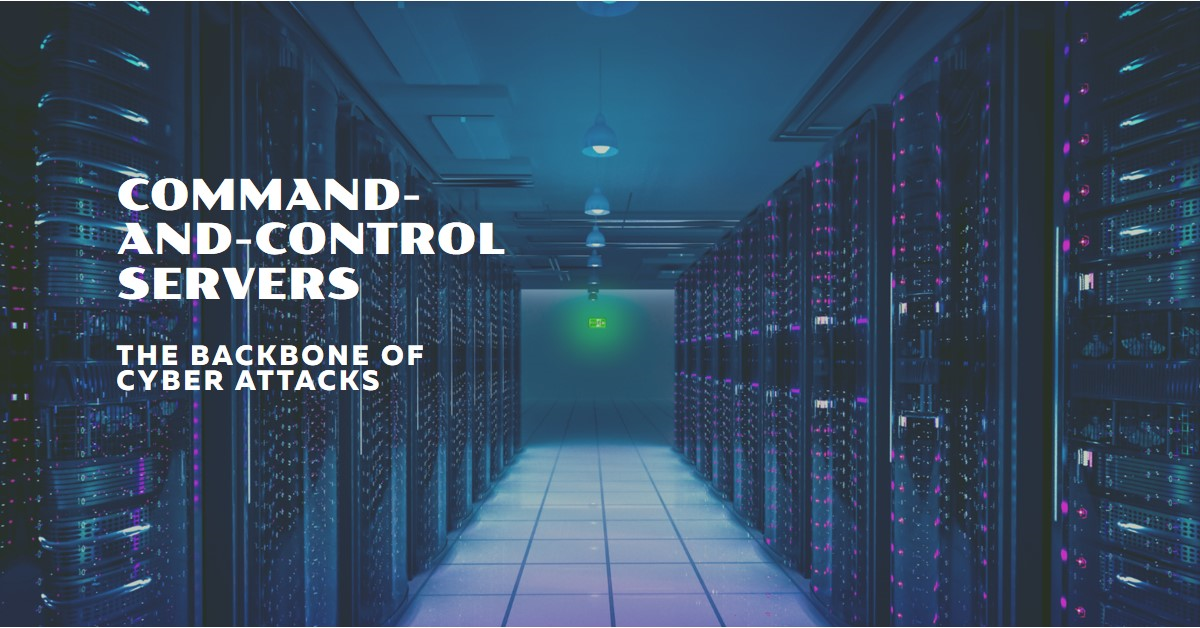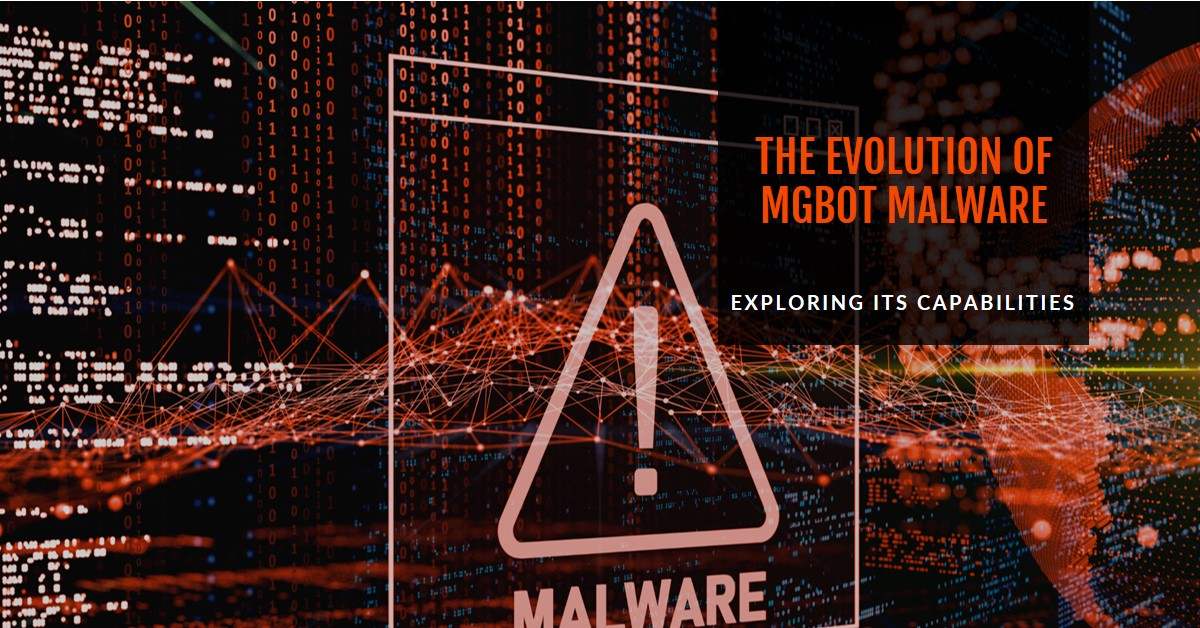
Understanding Cybercrime Investigations
Cybercrime is a growing threat in today’s digital world, encompassing a range of criminal activities conducted online. Investigating these crimes is crucial in maintaining cybersecurity and safeguarding individuals and organizations from digital threats. Understanding the intricacies of cybercrime investigations involves delving into the following key areas:
Introduction to Cybercrime
Cybercrime refers to criminal activities carried out using computers or the internet as a primary means. These crimes can range from hacking and data breaches to online fraud and identity theft. The anonymity and global reach of the internet make cybercrimes challenging to investigate.
Importance of Investigating Cybercrimes
Investigating cybercrimes is essential for holding cybercriminals accountable, preventing future attacks, and protecting sensitive data. By unraveling the complexities of cybercrimes, law enforcement agencies can enhance cybersecurity measures and ensure a safer online environment for all.
Legal Framework for Cybercrime Investigations
Cybercrime investigations operate within a legal framework that defines the boundaries and procedures for collecting digital evidence, obtaining warrants, and prosecuting cybercriminals. This framework helps ensure that investigations are conducted lawfully and ethically.
Tools and Techniques Used in Cybercrime Investigations
Cybercrime investigators utilize a variety of tools and techniques to gather evidence, analyze data, and track cybercriminal activities. These include:
Forensic Software and Hardware
Specialized forensic software and hardware are used to extract, preserve, and analyze digital evidence from computers, mobile devices, and other electronic sources. These tools help investigators uncover hidden information and trace the digital footprint of cybercriminals.
Data Recovery Methods
Data recovery methods are employed to retrieve deleted or damaged files, emails, and other digital information that may be crucial to an investigation. By recovering lost data, investigators can piece together the timeline of a cybercrime and identify potential suspects.
Network Analysis and Tracking
Network analysis tools enable investigators to monitor and trace the communication pathways used by cybercriminals. By analyzing network traffic, IP addresses, and online activities, investigators can uncover the identities of individuals behind cybercrimes and disrupt their operations.
Challenges Faced in Cybercrime Investigations
Despite advancements in technology, cybercrime investigations pose several challenges that investigators must overcome. Some of the key challenges include:
Data Encryption and Decryption
Cybercriminals often encrypt their communications and data to evade detection and protect sensitive information. Decrypting encrypted data requires specialized skills and resources, making it a challenging aspect of cybercrime investigations.
Jurisdictional Issues
Cybercrimes can transcend national borders, creating jurisdictional challenges for investigators. Coordination between law enforcement agencies across different countries is essential to address cybercrimes that involve multiple jurisdictions.
Advanced Cybercriminal Tactics
Cybercriminals continuously evolve their tactics to evade detection and increase the complexity of their attacks. Staying ahead of these advanced tactics requires ongoing training, collaboration, and technological expertise.
Best Practices in Cybercrime Investigations
To effectively combat cybercrimes, investigators adhere to best practices that guide their investigative processes and ensure the integrity of digital evidence. Key best practices include:
Chain of Custody and Evidence Preservation
Maintaining a secure chain of custody ensures that digital evidence is properly collected, documented, and preserved throughout the investigation. This practice is essential for ensuring the admissibility of evidence in court.
Collaboration with Law Enforcement Agencies
Collaborating with local, national, and international law enforcement agencies enhances the effectiveness of cybercrime investigations by leveraging diverse expertise and resources. Working in partnership with other agencies strengthens investigative efforts and facilitates information sharing.
Continuous Training and Skill Development
Cybercrime investigators undergo continuous training to stay abreast of the latest trends, techniques, and tools in digital forensics. Ongoing skill development is essential for enhancing investigators’ capabilities and adapting to the evolving landscape of cybercrimes.
The Future of Cybercrime Investigations
As technology advances and cyber threats become more sophisticated, the future of cybercrime investigations is shaped by emerging trends and developments. Some key areas that will influence the future of cybercrime investigations include:
Artificial Intelligence in Digital Forensics
Artificial intelligence (AI) is increasingly being integrated into digital forensics tools to analyze large volumes of data, detect patterns, and identify anomalies. AI-powered systems can enhance the efficiency and accuracy of cybercrime investigations.
Cybersecurity Legislation and Regulations
The enactment of cybersecurity legislation and regulations plays a crucial role in strengthening the legal framework for cybercrime investigations. Clear guidelines and laws governing cybercrimes enhance the accountability of cybercriminals and deter malicious activities.
Emerging Trends in Cybercrime
Dynamic shifts in cybercrime trends, such as ransomware attacks, cryptojacking, and social engineering scams, shape the landscape of cybercrime investigations. Understanding these emerging trends enables investigators to anticipate threats and develop proactive strategies.
In conclusion, cybercrime investigations play a vital role in maintaining cybersecurity and combatting digital threats. By understanding the tools, challenges, and best practices involved in cybercrime investigations, law enforcement agencies can equip themselves to effectively tackle cybercriminal activities. Collaboration, continuous training, and technological advancements are key to staying ahead in the ever-evolving realm of cybercrime.
FAQs
- How long does a typical cybercrime investigation take?
- What qualifications are required to become a cybercrime investigator?
- How can individuals protect themselves from cybercrimes?





